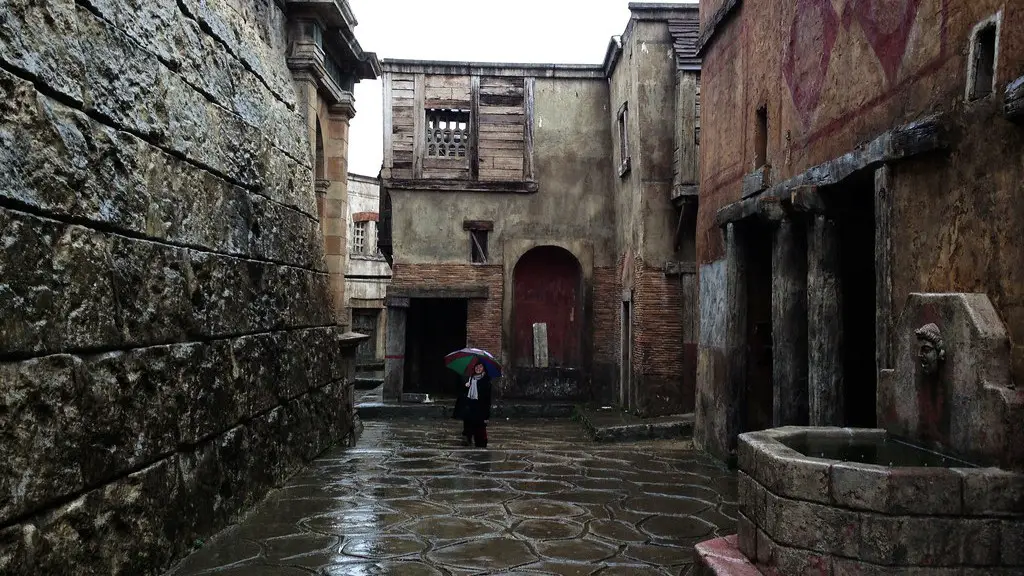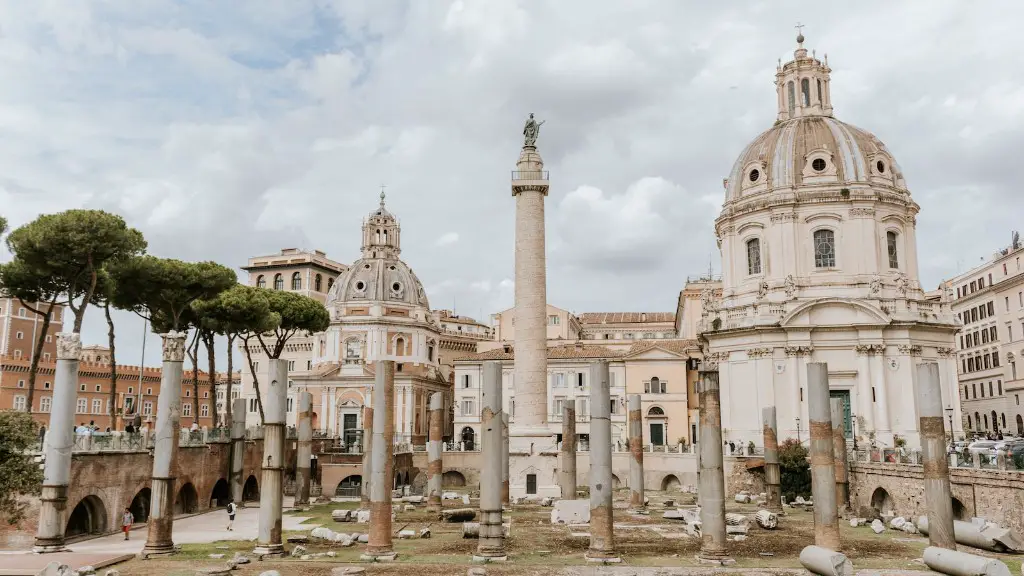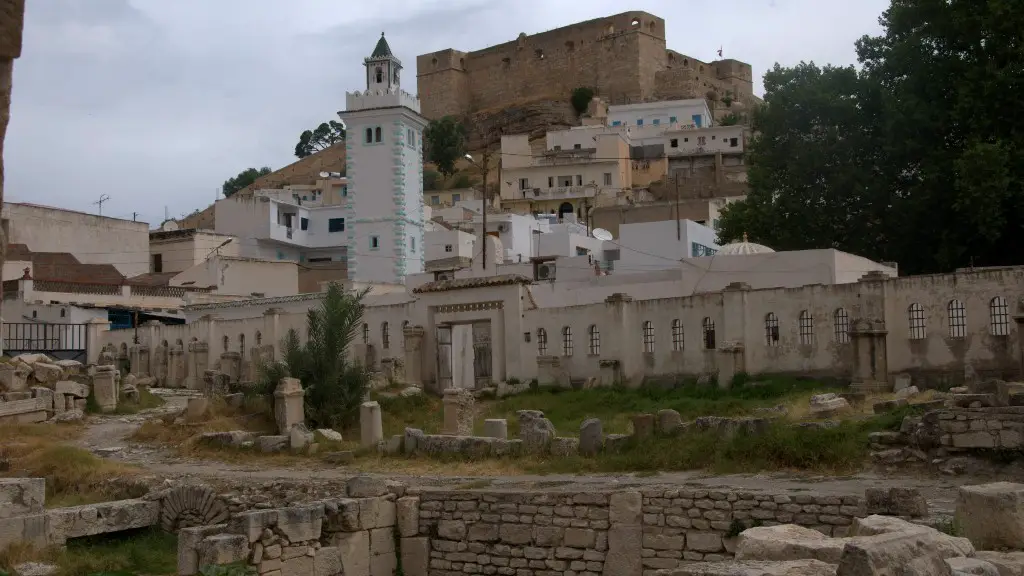Ancient Rome is an essential part of world history and its influence can still be seen today. The city of Rome, founded in 753 BC, was a major cultural centre and eventually grew to become the capital of the Roman Empire, one of the largest empires in world history. The city was the centre of political, religious, and economic power of the Roman Empire, setting the standards for today’s modern cities. Ancient Rome’s legacy continues to shape today’s society and is widely studied in academia and education programs.
One of the most significant contributions of Ancient Rome to world history is the concept of law. The Roman legal system was one of the most advanced in the ancient world, providing a foundation for modern legal systems. The Romans developed a system of laws called the Twelve Tables, which served as the basis for many of the legal systems we know today. The Twelve Tables also served as the beginning of a code of rights and set the standards for natural justice.
The Roman Empire also made major contributions to the development of technology and engineering. The Romans pioneered the use of arches and vaulted ceilings, which helped make their buildings more resistant to earthquakes and other structural disasters. The Romans also developed advanced road-building techniques, which allowed them to build roads that could span large distances and were more durable than many of the roads seen in the ancient world. These roads enabled the Romans to expand their empire and facilitated trade and commerce.
In terms of art and culture, Ancient Rome is widely seen as one of the most influential cultures in world history. Roman art and architecture is renowned for its beauty and complexity, influencing many of the more modern styles that exist today. The Romans were also one of the first cultures to create a systemized system of writing and literature, and many of the literary works from Ancient Rome are still widely read today. Finally, Ancient Rome left a rich legacy of music, which continues to be studied and appreciated.
In terms of education, Ancient Rome had an incredibly advanced system which profoundly influenced modern education. Ancient Roman schools were established to teach rhetorical skills and other forms of literature, providing an important foundation for the development of formal education. These schools also taught mathematics and astronomy, which are of particular importance today. Furthermore, the Romans also developed an advanced system of public libraries, which provided access to a wide range of knowledge.
The Ancient Roman military was one of the most advanced in the ancient world. The Roman army was incredibly well-disciplined, and their tactics and strategies were some of the most formidable in the ancient world. The Roman navy was also incredibly advanced and enabled the Roman Empire to control vast stretches of the Mediterranean Sea. The Roman military was also responsible for a range of innovations, including the incorporation of siege machines and the widespread use of the arrow.
Finally, Ancient Roman religion had a major impact on world history. Roman religion was polytheistic, and the Romans had a wide range of gods and goddesses which were worshipped and honored. Religion was an integral part of Roman society, and their rituals and festivals had a profound influence on later religious practices.
Language
The language used in Ancient Rome had a huge influence on world history. Latin was the language of the Roman Empire and it is still used in many areas of academia, law, and religion. Latin was also the basis of a number of modern languages, including Spanish, French, and Italian, making it one of the most widely spoken languages in the world. Additionally, Latin was the language used in the Roman Catholic Church, meaning that it continues to be used in religious ceremonies and texts today.
Government
The government of the Roman Empire was one of the first democracies in world history and laid the groundwork for modern democracies. The Roman Senate operated as a system of representative government and had a major influence on the development of modern political systems. The Roman Empire also set the standard for taxation and government bureaucracy, both of which continue to be used in modern governments today.
Culture and Religion
The culture and religion of Ancient Rome had a profound impact on world history. Roman religion was polytheistic and the Romans had a wide range of gods and goddesses which were worshipped and honored. Religion was an integral part of Roman society, and their rituals and festivals had a profound influence on later religious practices. In terms of culture, the city of Rome was a major cultural centre and left a rich legacy of art and architecture, which continues to be studied and appreciated today.
Legacy
The legacy of Ancient Rome is still felt today, with its influence on literature, art, architecture, religion, engineering and technology, and even law and language. Many of these influences can still be seen in modern society, making Ancient Rome one of the most important cultures in world history.


